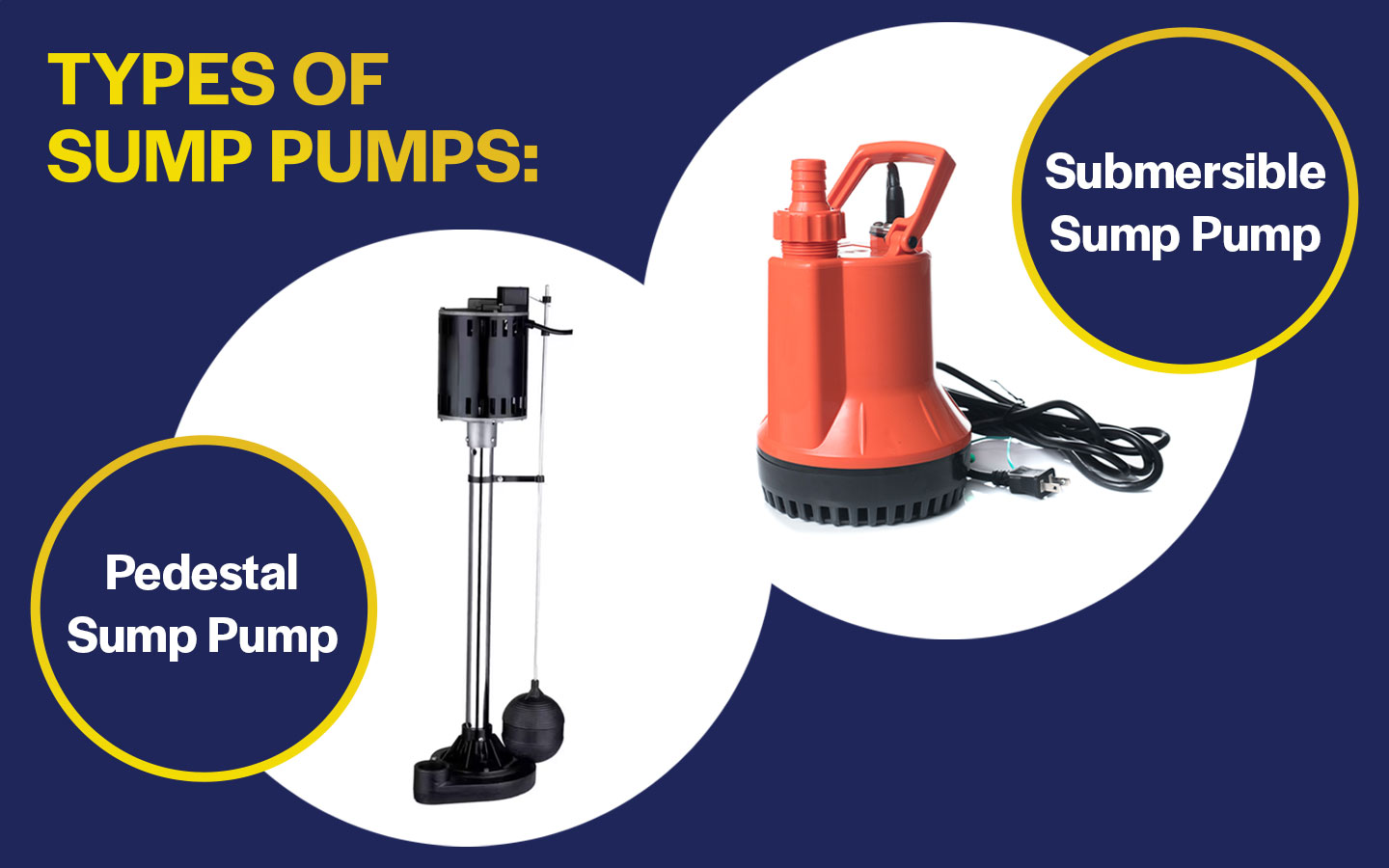
In the realm of home maintenance and disaster preparedness, few devices are as vital yet often overlooked as the sump pump. Nestled away in basements or crawl spaces, these machines serve as safeguards against the potentially catastrophic effects of flooding and water damage. In this article, we delve into the intricacies of sump pumps, exploring what they are, how they function, and why they are indispensable for maintaining a dry and secure home environment.
What is a Sump Pump?
At its core, a sump pump is a mechanical device designed to remove excess water from the lowest point of a structure, typically the basement or crawl space. It consists of a pump housed in a pit, known as a sump pit or basin, which collects water that accumulates due to natural drainage or seepage from the surrounding soil. When the water level in the pit reaches a certain threshold, the pump activates, discharging the water away from the building to prevent flooding and water damage.
How Does a Sump Pump Work?
The operation of a sump pump relies on a relatively simple yet effective mechanism. Most sump pumps are equipped with a float switch, which is responsible for detecting water levels in the sump pit. When the water level rises, the float switch triggers the pump to activate, initiating the pumping process.
Once activated, the pump draws water from the sump pit through an intake valve or suction pipe. The water is then propelled through a discharge pipe, which directs it away from the building’s foundation, often into a storm drain or a designated drainage area. Sump pumps are typically powered by electricity, although some models feature battery backup systems to ensure functionality during power outages, which often coincide with severe weather events.
Types of Sump Pumps
There are two primary types of sump pumps, each suited to different applications and preferences.
Submersible Sump Pumps: Submersible sump pumps are designed to be fully submerged in the sump pit, making them more discreet and less prone to clogging. These pumps are ideal for smaller sump pits or installations where space is limited.
Pedestal Sump Pumps: Pedestal sump pumps feature a motor mounted above the sump pit, with only the pump impeller submerged in water. While less aesthetically pleasing than submersible pumps, pedestal pumps are often more durable and easier to access for maintenance and repairs.
The Importance of Sump Pumps for Your Home
The significance of sump pumps in protecting homes from water damage cannot be overstated. Consider the following key reasons why investing in a sump pump is essential for safeguarding your property:
- Preventing Basement Flooding: Basements are particularly susceptible to flooding due to their subterranean location and proximity to groundwater. Sump pumps effectively mitigate this risk by actively removing excess water before it has the chance to infiltrate the basement and cause structural damage, mold growth, and other costly issues.
- Preserving Property Value: Water damage can wreak havoc on a home’s structural integrity and aesthetics, significantly depreciating its value in the process. By preventing flooding and moisture accumulation, sump pumps help preserve the integrity of your property, thereby safeguarding its long-term value and marketability.
- Mitigating Mold and Mildew: Excess moisture in basements and crawl spaces creates an ideal breeding ground for mold and mildew, which not only pose health risks to occupants but also compromise indoor air quality. Sump pumps play a crucial role in reducing moisture levels and preventing the proliferation of mold and mildew, thereby promoting a healthier living environment.
- Protecting Belongings: Basements often serve as storage areas for valuable belongings, including furniture, electronics, and sentimental items. By keeping the basement dry and free from water damage, sump pumps help safeguard these possessions against potential loss or irreparable damage.
- Alleviating Hydrostatic Pressure: Hydrostatic pressure, resulting from the accumulation of groundwater around the foundation, can exert immense force on basement walls, leading to cracks, leaks, and structural instability. Sump pumps help alleviate hydrostatic pressure by removing excess water from the soil surrounding the foundation, thereby reducing the risk of foundation damage and costly repairs.
Maintenance and Care Tips
To ensure optimal performance and longevity, regular maintenance of your sump pump is crucial. Here are some essential maintenance tips to keep your sump pump in top condition:
- Inspect the Float Switch: Periodically check the float switch to ensure it moves freely and activates the pump as intended. Clean any debris or obstructions that may impede its function.
- Test the Pump Regularly: Test your sump pump by pouring water into the sump pit until the float switch activates the pump. Verify that the pump turns on and pumps water away from the foundation effectively.
- Clean the Intake Valve: Keep the intake valve or suction pipe free from debris, sediment, and other obstructions that may impair the pump’s efficiency. Regularly clean and maintain the pump’s inlet screen to prevent clogging.
- Check the Discharge Pipe: Inspect the discharge pipe for signs of blockages, leaks, or damage. Ensure that the pipe directs water away from the building and slopes downward to facilitate proper drainage.
- Replace Backup Batteries: If your sump pump is equipped with a battery backup system, replace the batteries as recommended by the manufacturer to ensure reliable operation during power outages.
- Schedule Professional Inspections: Consider scheduling annual inspections by a qualified technician to assess the condition of your sump pump, identify any potential issues, and perform necessary repairs or maintenance tasks.
Sump pumps play a vital role in protecting homes from the detrimental effects of flooding and water damage. By effectively removing excess water from basements and crawl spaces, these unassuming devices help preserve the integrity, value, and safety of your property. Whether you reside in a flood-prone area or simply seek to fortify your home against unforeseen water-related disasters, investing in a reliable sump pump is a prudent decision that can provide peace of mind and long-term protection for you and your family.



